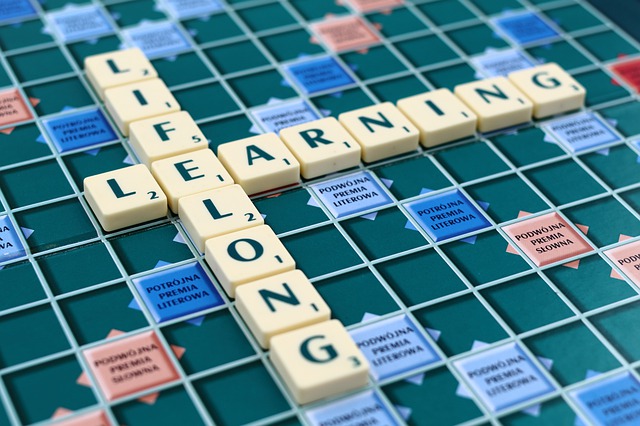Educational games are necessary if you want the kids to learn new advance level skills and problem-solving attitudes. 5 best benefits of educational games. You hear many negative stories about (digital) games. But educational games can be a very useful tool for learning. Curious about the benefits of educational games? We have listed five benefits and great tips!
Learning process of kids
According to various media scientists, educational games contribute to the learning process of kids. We can imagine that children enjoy learning, for example, math through a game rather than a book. But what exactly are the benefits of educational games?
5 best benefits of educational games
According to the digital learning expert educational games have five advantages for the learning process:
1. Learning in easy Mode
Games involve players in a kind of easy ‘flow’. Children are ‘immersed’ in the game and are fully involved in the tasks they have to do. Suppose the child has to solve sums as quickly as possible so that he can win the running competition.
Then he will fully devote himself to solve the sums to win the competition. But he feels that he is not so much concerned with calculating, but with winning the game. He will not only try to complete task but he will put all energy to win the battle.
2. Feelings of Motivation in kids
The educational games insist children to learn, rather than being forced to learn. There is no master or teacher in front of kids who says how many sums have to be made.
For example, children are motivated by the games to learn in a fun way. Often there are also difficulty levels within games. Children are motivated by this to reach a higher level, instead of being forced. They learn how to solve or come out of danger zones. They also get the learning that how can they face hardships and meet targets in time and with complete efficiency.
3. Learning with real-life environment
The learning processes often take place within meaningful real-life contexts. Suppose children have to do their shopping and pay in the educational app.
Buying and selling groceries for home: If they learn how to sum from a ‘boring’ calculation book, the calculation does not really help in real life. But if children have to add and subtract groceries, arithmetic takes place in a real life environment. They learn how to manage budget as we all have to do in our practical life. Shopping practice makes them mature and help to increase responsibility.
4. Learning by experiencing
Finally, games offer the possibility that children learn different lessons by doing multiple tasks. They experience hard scenarios while playing games. That’s really important for kids in their school age. Children can practice for as long in the fictional setting of a game, without suffering from the consequences of failure. It does not matter if they have not reached at target level, then they just do it again and again. It teaches them to try till end and that’s indeed big quality in learning attitude.
5. Self-confidence and self-rule
In addition, educational games also encourage independent investigation and discovery of new information. The information is not, as is often the case in education, simply given in a book.
It is a real time research capacity which is developed in students. The information is often processed in games and children have to search for the exact data they need to play the game. It means indirectly through games kids, learn the process of making research in fast way and short time.




